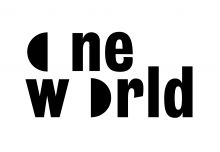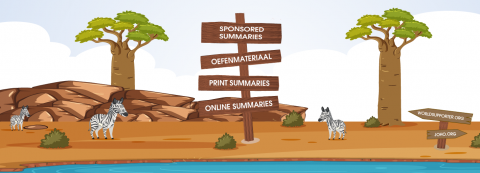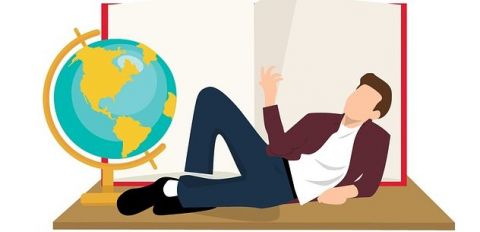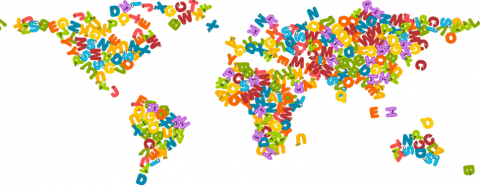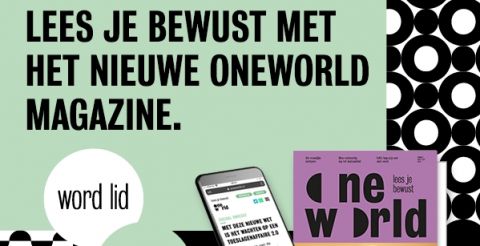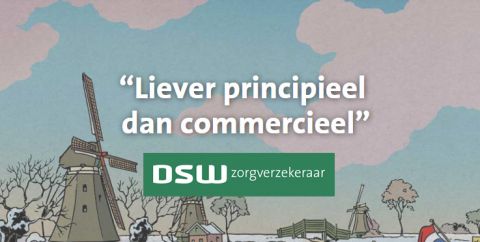We all experienced moments where our mind is just absent (shaving cream on your toothbrush, going in the wrong gender toilet etc) and we also all experienced moments where our mind just goes blank. Our lives are full of these kinds of incidents Freud called ‘refuse of the phenomenal world’.
What are Hallmarks of Absent-Minded (AM) slips?
The first hallmark of AM slips is that they are always recognizable, maybe they present themselves at the wrong place and time, but they are part of our personal repertoire of actions. Especially act-wait-act-wait tasks (like setting a cup of tea) are associated with slips. The slips that occur are not crazy (like throwing the cup through the window) but our inside our range of behavioural possibilities. Another situation where AM slips is not the right word, is when something does something for the first time. This novice error arises from lack of competence, whereas the first hallmark of an AM slip is misapplied competence. This means that AM slips, are problem of an expert, not of a novice. This may be difficult to comprehend because it would be more logic that an expert knows enough not to make mistakes. But it is not about the quantity of the mistake, what the type of mistake an expert makes. An expert makes fewer mistakes, but if they make a mistake it can be an AM slip.
The second hallmark of an AM slip is that they are not random events determined by the habits of a person. AM slips follow a clear discernible pattern that is for the most part independent of the period of time in which the person lives. This means that AM slips are timeless and universal human characteristics.
Little human errors (like his example with the cat food) are behavioural spoonerism. Spoonerism is a humorous mistake in which a speaker switches the first sounds of two of more words. A behavioural spoonerism would then be a humorous behavioural act caused by doing one thing, while you mend to do something else.
AM slips are a consequence of our humanism; it is the price we pay for being able to things automatically. Life would be insufferable if we were constantly present-minded.
What goes absent in AM slips?
Conscious concerns take a huge part of our lives, these concerns drain a piece of our attention resource. How much the concerns take form our resource depends on the nature and the intensity. All mental and physical activities demand attention, even if they seem to be completely automatic. But the more habitual the activity is, the smaller the demand.
Absent-minded errors occur when a large part of the attention resource is already used somewhere else. Schemas (knowledge structures in long-term memory) are activated independently of current intentions, so part of our attention resource is always busy with restraining these schemas to be activated in particular situations. These schemas are highly active and competitive, so our attention is largely claimed by suppression.
What are situations where strong habit intrusions occur?
Strong habit intrusions are well-organized sequences that recognizably belong to some activity other than the one that is currently intended. This activity shares similar locations, movements and objects with the intended action. More than 40% of the AM slips are these kind of intrusions.
Next to the type of activity as explained above, there are four other situations where strong habit intrusions can occur:
- When a change of goals demands a departure from some well-established action sequence. For example, you are on a diet and you don’t want to put sugar in your oatmeal, but when having breakfast you automatically still put some sugar in it.
- When changed local conditions require the modification of some oft-performed action sequence. For example, when reorganizing your closet it takes a long time to stop grapping for the place you previously had all your sweaters.
- When a familiar environment associated with particular routines is entered in a state of reduced intentionally. For example, when waiting on a phone call you randomly brush your teeth not because it was necessary.
- When features of the present environment contain elements are similar to those in highly familiar circumstances. For example, when you show your credit card at the entrance of the UB instead of your RUG card, even though you don’t have to pay for access, you behave like you’re in a supermarket.
Voor volledige toegang tot deze pagina kan je inloggen
Inloggen (als je al bij JoHo bent aangesloten)
Aansluiten (voor online toegang tot alle webpagina's)
Hoe het werkt
- Om alle online toegang te krijgen, kun je je aansluiten bij JoHo (JoHo Membership + Online Toegang)
- vervolgens ontvang je de link naar je online account en heb je online toegang
Aanmelden bij JoHo

- Study guide with A Life in Error: From Little Slips to Big Disasters by Reason
- What are the nature and varieties of human error? - Chapter 1
- Plans lead to Actions and Consequences - Chapter 2
- Skill-based, Rule-based and Knowledge-based performances - Chapter 3
- Slips and Lapses when Absent-Minded - Chapter 4
- Individual Differences - Chapter 5
- SIML in the Courtroom - Chapter 6
- The New Freudian Slip - Chapter 7
- Failures in planning - Chapter 8
- Violations - Chapter 9
- Organizational Accidents - Chapter 10
- Resisting Change in Organizational Culture - Chapter 11
- Medical Error - Chapter 12
- Disclosing Error - Chapter 13
- Looking back - Chapter 14
- 1 van 2
- volgende ›
Chapters
Teksten & Informatie
JoHo 'chapter 'pagina
Wat vind je op een JoHo 'chapter' pagina?
- JoHo chapters zijn tekstblokken en hoofdstukken rond een specifieke vraag of een deelonderwerp
Crossroad: volgen
- Via een beperkt aantal geselecteerde webpagina's kan je verder reizen op de JoHo website
Crossroad: kiezen
- Via alle aan het chapter verbonden webpagina's kan je verder lezen in een volgend hoofdstuk of tekstonderdeel.
Footprints: bewaren
- Je kunt deze pagina bewaren in je persoonlijke lijsten zoals: je eigen paginabundel, je to-do-list, je checklist of bijvoorbeeld je meeneem(pack)lijst. Je vindt jouw persoonlijke lijsten onderaan vrijwel elke webpagina of op je userpage
- Dit is een service voor JoHo donateurs en abonnees.
Abonnement: nemen
- Hier kun je naar de pagina om je aan te sluiten bij JoHo, JoHo te steunen en zelf en volledig gebruik te kunnen maken van alle teksten en tools.
Abonnement: checken
- Hier vind je wat jouw status is als JoHo donateur of abonnee
Prints: maken
- Dit is een service voor wie bij JoHo is aangesloten. Wil je een tekst overzichtelijk printen, gebruik dan deze knop.






